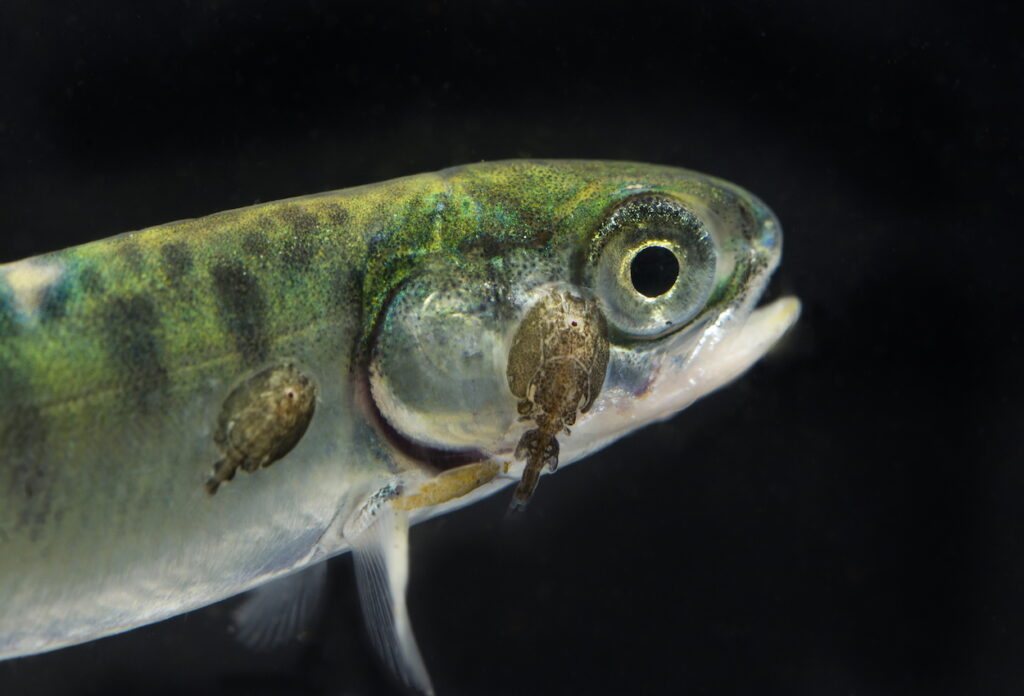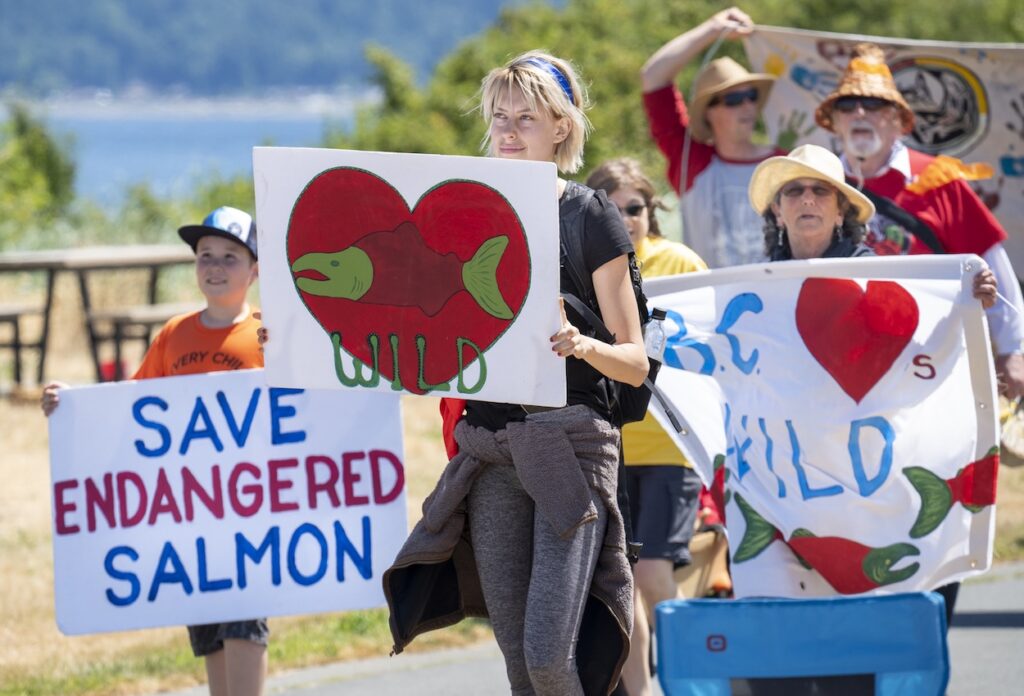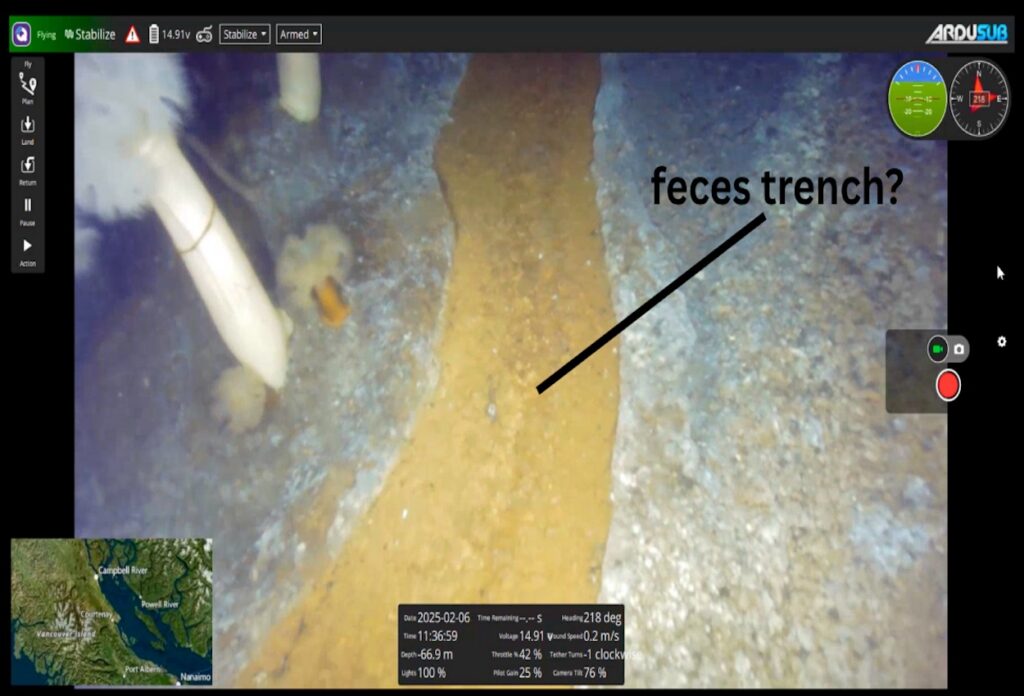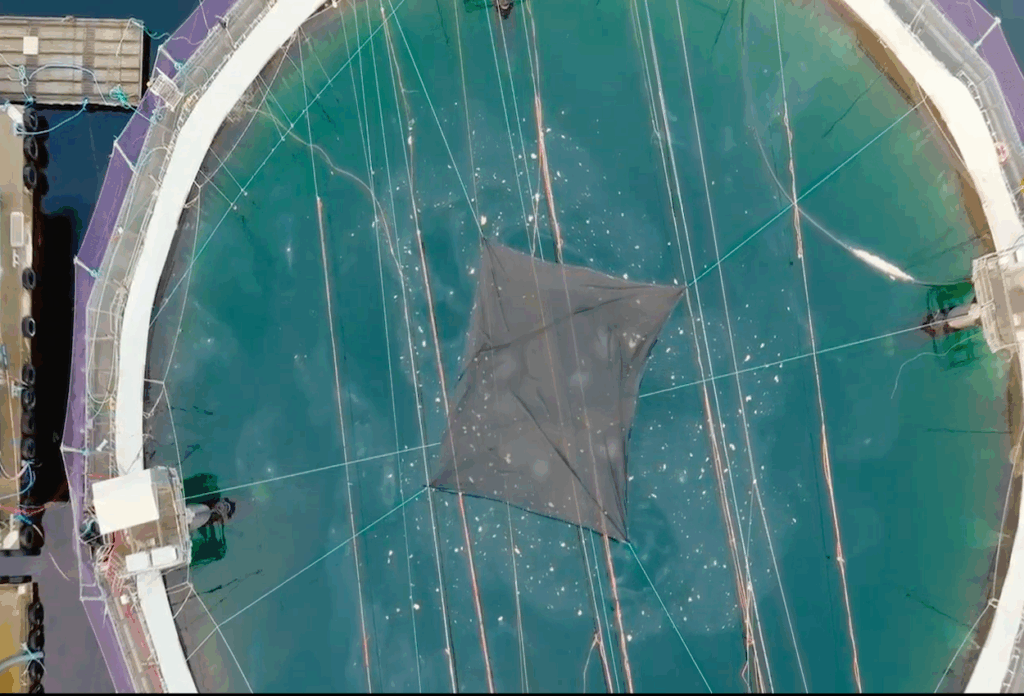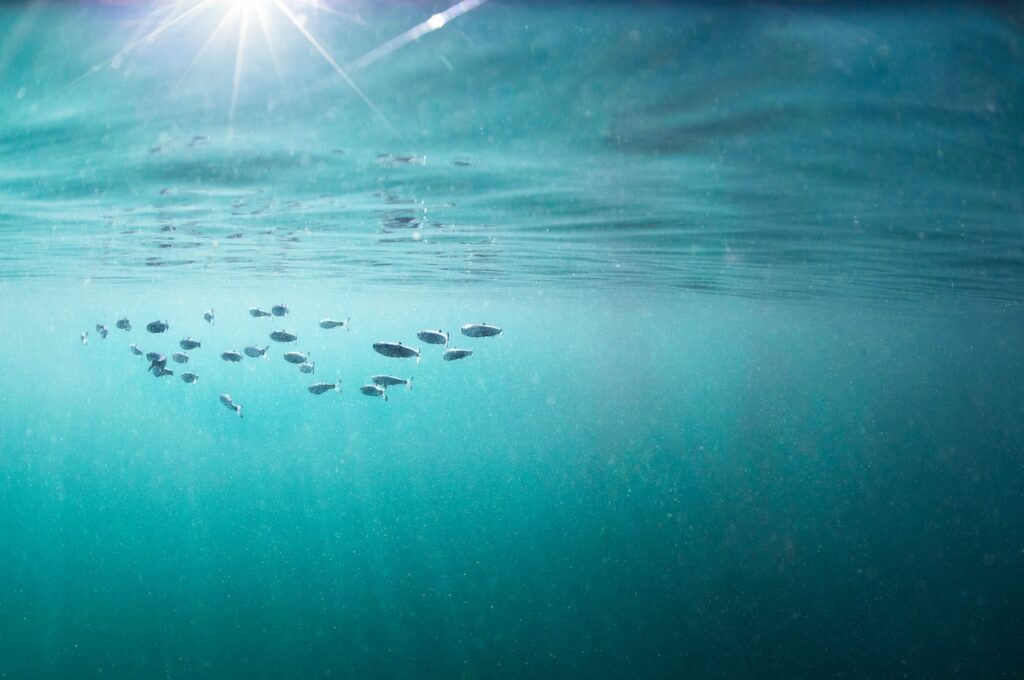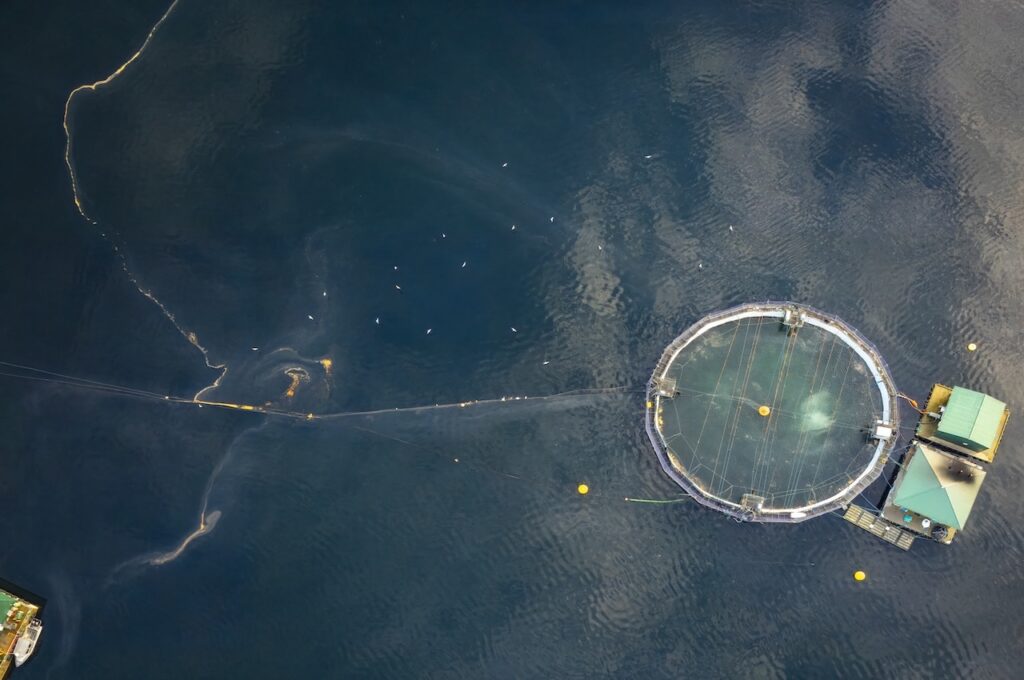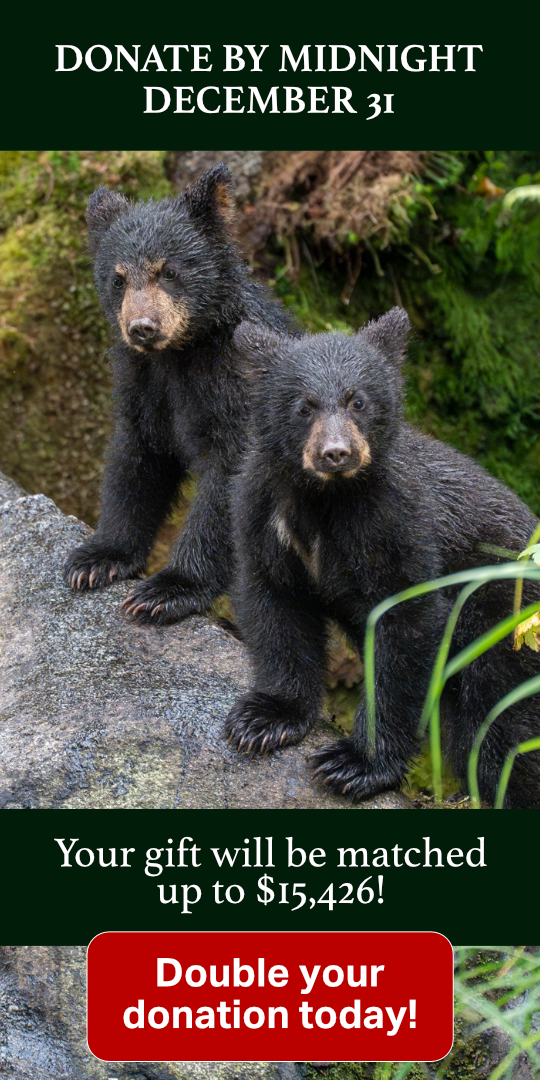Clayoquot Sound is the crown jewel of Vancouver Island, a place that calls people, and keeps them coming back. It’s hard to imagine a more beautiful place, teeming with the power of wild nature. It is a testament to the Nuu-chah-nulth First Nations’ stewardship that so many people lived such rich lives here for millennia, without diminishing the place.
Large, undisturbed rainforest valleys make Clayoquot stand out ecologically—they’re full of iconic monumental cedars, with timber wolves and black bears roaming the floodplains, fishing for wild salmon. We’ve had the pleasure of visiting these pristine valleys, most of which are not legally protected. For this year’s annual pilgrimage Bonny & I decided to checked out the Clayoquot River.
Every one of Clayoquot Sound’s intact valleys is unique. Difficult to access and walled in by steep ridges, the Clayoquot River feels very remote—a world away.
Tla-o-qui-aht First Nations have declared the Clayoquot Valley to be part of their Haʔuukmin Tribal Park. The valley is zoned ‘qʷaa siin haap’, which means ‘leave it as you found it’. This designation has not yet been recognized by the BC government, although one day they will.
It takes time to settle in to a wild place. The first night we fell asleep to the hooting of a screech owl, exhausted from our day’s journey. The next day we were charging up a rapid, pulling a canoe upriver. As we slid over the top into a deep emerald pool, a school of fire engine red sockeye salmon spooked and swam into the depths. We had gathered water there the night before, not noticing the salmon spawning not fifteen feet away!
By day’s end we had counted 600 sockeye spawners in the lower river, and 215 in the upper river. There may have been more—but the strutting black bear we encountered let us know we’d be better off heading back down the river. Eight hundred fish is not a huge amount of salmon. But it’s well worth fighting for. Wild salmon are tenacious, and populations will rebound given half a chance.
By the end of the third day, the sockeye no longer spooked. Aware the fish were there, we approached quietly, in reverence, and watched for a while before completing our chore of hauling water, the key ingredient for life on Earth. We’ll hold the memory of those salmon and that bear close, and continue to do everything we can to ensure their survival.
Dan Lewis is a founding director of Clayoquot Action.
